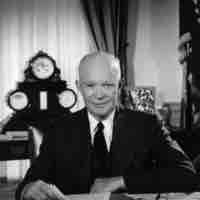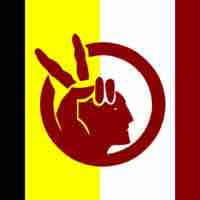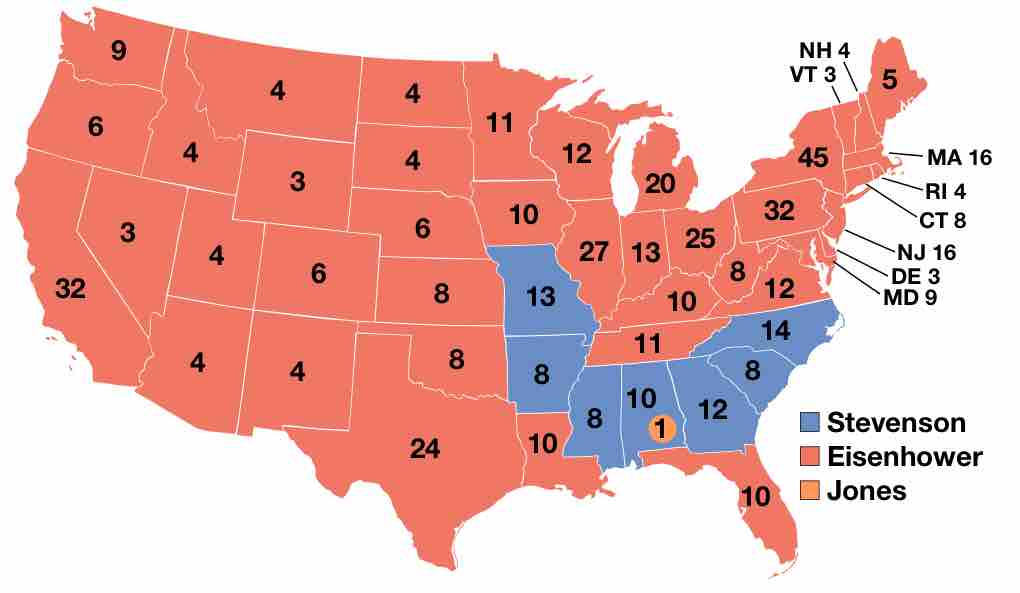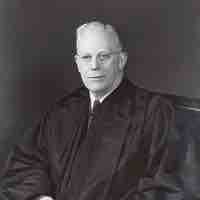Section 2
The Eisenhower Administration
By Boundless

As president, Dwight Eisenhower (1953-61) presided over eight years of relative peace and moderate economic growth at home while his foreign policy initiatives, including U.S. involvement in Southeast Asia, the Middle East, and Africa, shaped the global order for decades to come.

Indian termination was a series of laws initiated in the 1940s but aggressively developed in the 1950s and 1960s that stripped Indian nations of their sovereignty and had disastrous consequences on the economic, social, and cultural condition of American Indians.

In the 1956 presidential election, popular incumbent Republican Dwight D. Eisenhower successfully ran for re-election, winning against Democrat Adlai Stevenson, whom he had also defeated four years earlier.

The Warren Court (1953-1969), or the Supreme Court of the United States during the period when Earl Warren served as Chief Justice, declared a number of critical cases that expanded civil rights, civil liberties, judicial power, and the federal power in dramatic ways.